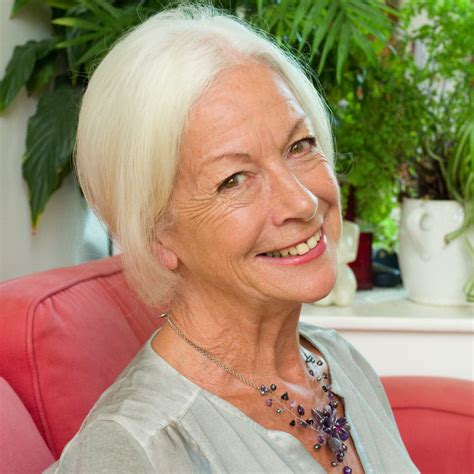A Quote by John Dryden
The intoxication of anger, like that of the grape, shows us to others, but hides us from ourselves.
Related Quotes
Anger is a tool for change when it challenges us to become more of an expert on the self and less of an expert on others. . . .If, however, we do not use our anger to define ourselves clearly in every important relationship we are in--and manage our feelings as they arise--no one else will assume this responsibility for us.
Wherever there is injustice, there is anger, and anger is like gasoline - if you spray it around and somebody lights a matchstick, you have an inferno. But anger inside an engine is powerful: it can drive us forward and can get us through dreadful moments and give us power. I learnt this with my discussions with nuclear policy makers.
We see ourselves in other people’s eyes. It’s the nature of the human race; we are a species of reflection, hungry for it in every facet of our existence. Maybe that’s why vampires seem so monstrous to us—they cast no reflection. Parents, if they’re good ones, reflect the wonder of our existence and the success we can become. Friends, well chosen, show us pretty pictures of ourselves, and encourage us to grow into them. The Beast shows us the very worst in ourselves and makes us know it’s true .
You are a child of God, small games do not work in this world. For those around us to feel peace, it is not example to make ourselves small. We were born to express the glory of God that lives in us. It is not in some of us, it is in all of us. While we allow our light to shine, we unconsciously give permission for others to do the same. When we liberate ourselves from our own fears, simply our presence may liberate others.
It is difficult to see ourselves as we are. Sometimes we are fortunate enough to have good friends, lovers or others who will do us the good service of telling us the truth about ourselves. When we don't, we can so easily delude ourselves, lose a sense of truth about ourselves, and our conscience loses power and purpose. Mostly, we tell ourselves what we would like to hear. We lose our way.
There is no true and constant gentleness without humility. While we are so fond of ourselves, we are easily offended with others. Let us be persuaded that nothing is due to us, and then nothing will disturb us. Let us often think of our own infirmities, and we will become indulgent towards those of others.
We would willingly have others perfect, and yet we amend not our own faults. We would have others severely corrected and will not be corrected ourselves. The large liberty of others displeases us, and yet we will not have our own desires denied us. We will have others kept under by strict laws, but in no sort will ourselves be restrained. And thus it appears how seldom we weigh our neighbor in the same balance with ourselves.
Our sense of identity is in large measure conferred on us by others in the ways they treat or mistreat us, recognize or ignore us, praise us or punish us. Some people make us timid and shy; others elicit our sex appeal and dominance. In some groups we are made leaders, while in others we are reduced to being followers. We come to live up to or down to the expectations others have of us.







































